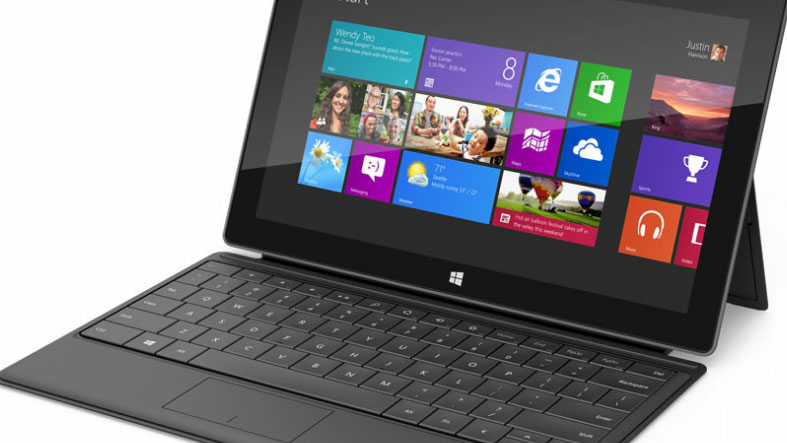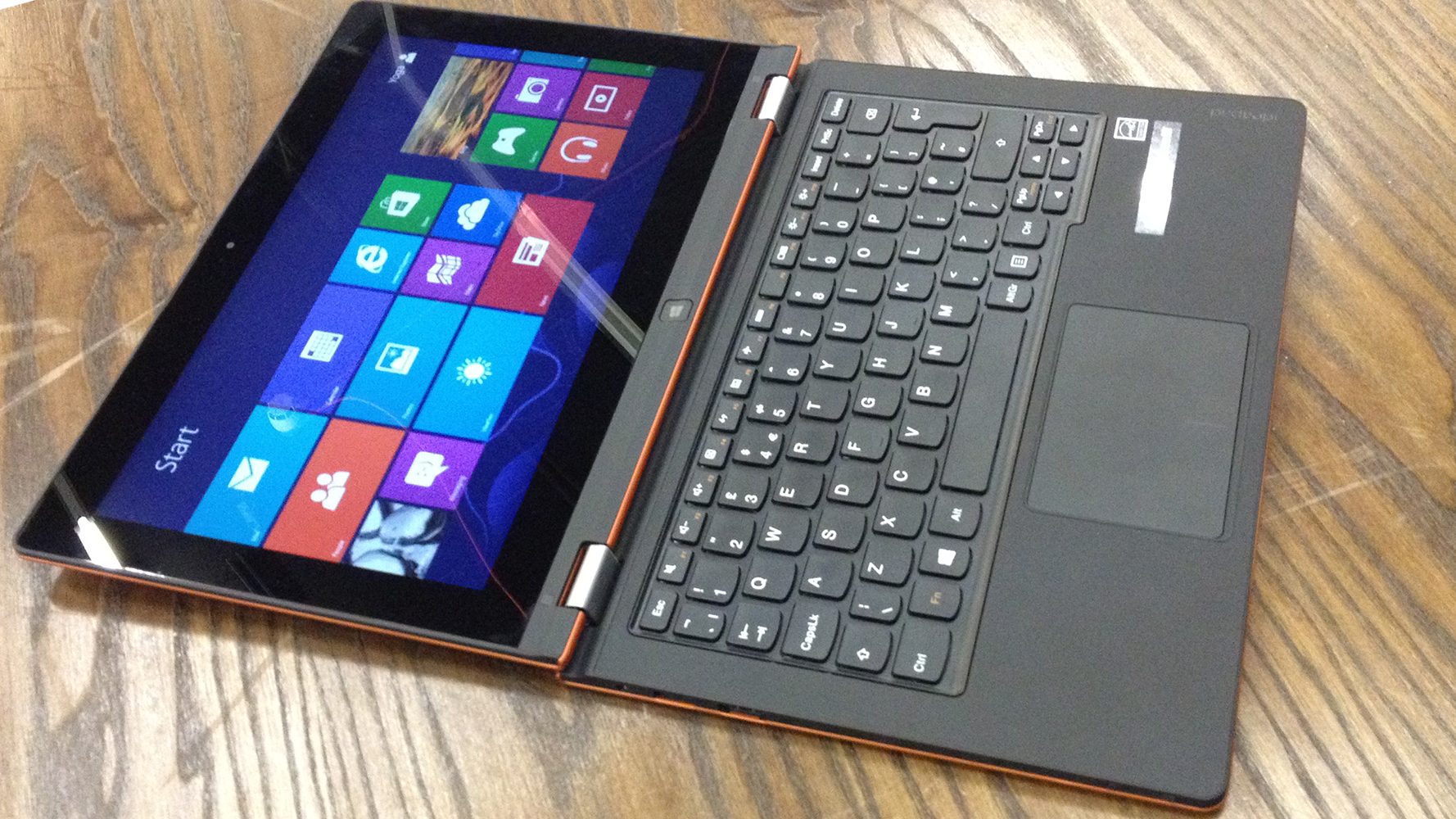Can cheaper tablets save Windows RT?
Windows 8's cut-down version is getting cheaper. Is that enough?

We hate to say we told you so, but... well, we told you so. Back in 2011 we worried that "Windows on ARM" was going to be a tough sell.
Now, Samsung's pulling the plug on its Windows RT tablets because they've proved to be a tough sell.
Of all the problems facing Windows RT, one of the biggest ones is price: as we said when we reviewed the "clunky", "disappointing" and "expensive" Samsung Ativ Tab, when you're shelling out the best part of five hundred quid on a tablet you expect something special - and "we just didn't get it" from the Ativ.
The price gap between RT and full-fat Windows tablets is too small and the apps gap too big.
Microsoft spent a lot of money advertising Windows RT and the Surface RT in particular. Did it work? Nope. According to analysts at Canalys, "high pricing, poor channel strategy and a lack of clarity regarding its RT operating system led to shipments of just over 720,000 units."
Senior analyst Tim Couling put it bluntly: "The outlook for Windows RT appears bleak. Hardware OEMs are ignoring it due, in part, to a pricing strategy that does not align with the economics of the pad market."
What Windows RT needs is to get a lot cheaper, quickly. The good news is that's exactly what's going to happen.
Sign up for breaking news, reviews, opinion, top tech deals, and more.
Cheap. Nasty?
Microsoft is offering OEMs big discounts if they stick Windows on tablets smaller than ten inches: instead of £80/$120 USD/$117 AUD per machine, Microsoft is offering Windows and Office 2013 for £20/$30 USD/$29 AUD per machine.
£60/$90 USD/$88 AUD is a big difference, especially at the lower end of the market where margins are incredibly tight. The reports don't differentiate between normal Windows 8 and RT, so we're assuming RT's included in the deep discounting: Microsoft wouldn't be daft enough to make Windows RT even less attractive, would it?
The big question is whether Microsoft has left it too late, and whether the discount is deep enough to get people interested again.
Cheaper certainly helps - as the fire sales of the HP TouchPad and BlackBerry PlayBook demonstrated, people don't mind flawed products if the price is low enough - but consumers are still confused, the licensing is odd - "here's Office! Hahaha, no, you can't use it for work!" - and manufacturers clearly couldn't give a toss.
The deluge of Windows RT tablets everybody expected turned out to be little more than a drip: HP can't be bothered, Acer says it's committed to making one but won't say what or when, Samsung had a go then changed its mind, and Asus rebadged its Transformer and slapped Windows on it.

That leaves Lenovo, whose Yoga 11 will be much admired and little bought because it's, come on, seven hundred quid for an RT tablet. But since bringing out the Yoga 11, Lenovo has decided to relaunch it as the Yoga 11S - featuring full Windows 8 and an Intel processor.
As Samsung pointed out in January, nobody knows what Windows RT is for, let alone wants to buy it.
Maybe the discounting will work, but it's just part of a wider problem: the RT message isn't getting across, and having two very different Windows is confusing the hell out of people. Maybe the discounts and some massive marketing will reverse its fortunes, but right now Microsoft's supposed iPad killer is beginning to look like one of it's other Apple rivals.

Contributor
Writer, broadcaster, musician and kitchen gadget obsessive Carrie Marshall has been writing about tech since 1998, contributing sage advice and odd opinions to all kinds of magazines and websites as well as writing more than twenty books. Her latest, a love letter to music titled Small Town Joy, is on sale now. She is the singer in spectacularly obscure Glaswegian rock band Unquiet Mind.